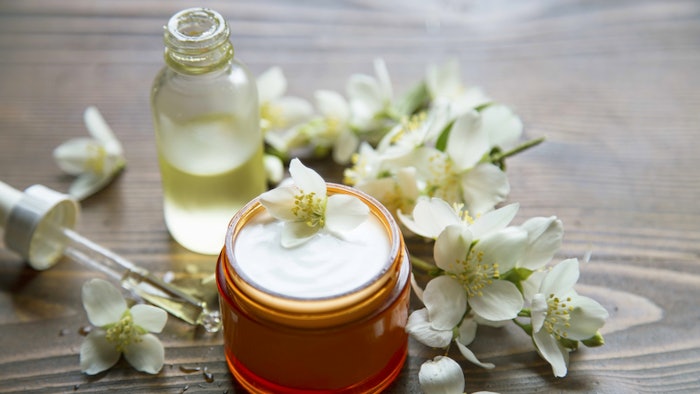
Just over a year ago, life as we knew it changed in almost every facet imaginable. An abrupt adjustment to the pace of rapid modernity occurred nearly overnight in ways that would have recently been deemed impossible. And while none of us would have wished it, it is undeniable that the coronavirus pandemic caused an enormous and collective shift towards a slower and more sustainable way of life.
The clear and immediate improvement in air and water quality around the world as a result of reduced commuting, air traffic and production was a dramatic indication of the potential of these changes, should we sustain them. According to new research from Genomatica, Americans have considered sustainability a top-of-mind issue during the pandemic and are seeking its prioritization from government and brands alike. By carrying product lines that value sustainability in formulation, manufacturing and distribution, your spa is helping to transform a cultural shift into a systemic one!
4 Factors for Choosing a Sustainable Skin Care Line
1. Sustainable Formulas: One simple environmental choice is to carry a skin care line that uses botanical ingredients. This means that the product is comprised of plant-derived components rather than synthetic chemicals. Botanical products are gentle on clients’ skin, supporting natural balance and regeneration, and gentle on our environment. Too often, synthetic personal care products end up leaching into the ground or water supplies in the process of manufacturing and disposal. Investing in clean products ensures a nontoxic experience for all involved, from production to purchase and enjoyment!
2. Sustainable Harvesting: Should your product line of choice be plant-based, sustainability in harvesting practices is also essential! Wild harvesting (or wildcrafting) is a practice in which herbalists intentionally gather flowers, roots, leaves and seeds at the correct time of year during the plant’s highest potency. They're careful to only gather a small percentage of any herb in order to conserve the natural population and avoid overharvesting.
3. Sustainable Sourcing and Manufacturing: This is bit more behind the scenes, but sustainable practices in manufacturing begin with the choices a skin care line makes around sourcing its ingredients, packaging and labeling materials. When it comes to ingredients, there is a balance to be struck between sourcing from small local distributors to reduce the carbon footprint and promote diversity in independent suppliers, and sourcing from larger national or international suppliers who have the resources to enforce sustainable practices at scale.
Prioritization of sustainability in manufacturing can include efforts to reduce emissions and the use of eco-friendly ingredients and preservatives. Look for mentions of sourcing and manufacturing practices on vendor websites and in branding materials, or inquire with each directly to learn more.
4. Sustainable Packaging: An aspect of sustainability that exists on a spectrum from wasteful to biodegradable is packaging! We’ve all experienced receiving the small item packaged in layers of plastic, in an unnecessarily large box filled with Styrofoam peanuts. Conversely, many of us have also enjoyed the major strides many brands have taken to create less waste in their packaging and distribution. From recyclable plastics to reusable glassware and compostable packaging, brands continue to innovate along the lines of sustainability. Selecting a product line that prioritizes eco-friendly packaging, labeling and shipping materials aligns your business with a lower-waste future.
Sustainability as a Lifestyle
At a minimum, sustainability implies an efficient use of resources to avoid depletion. Although this sounds like a practically beneficial aim, our fast-paced global economy often prioritizes short-term gains over the longevity of our resources, people and planet. At its core, sustainability is a mindset—a way of life that commits us to intentional stewardship of our natural resources and challenges us to build, consume, and distribute responsibly.
When adopted collectively, it's a lifestyle that can create remarkable change—one that business leaders have the power to magnify! The spa industry alone offers a range of opportunities for creating practices and building relationships that are sustainable for businesses, clients and our planet, so deciding just which relationships to nurture can make all the difference. By applying an environmentally conscious lens to the growth of your business and mindfully selecting skin care lines to carry, you're not only paving a path towards a more sustainable beauty industry but investing in the infrastructure to make pandemic-era shifts more permanent features of our society.











